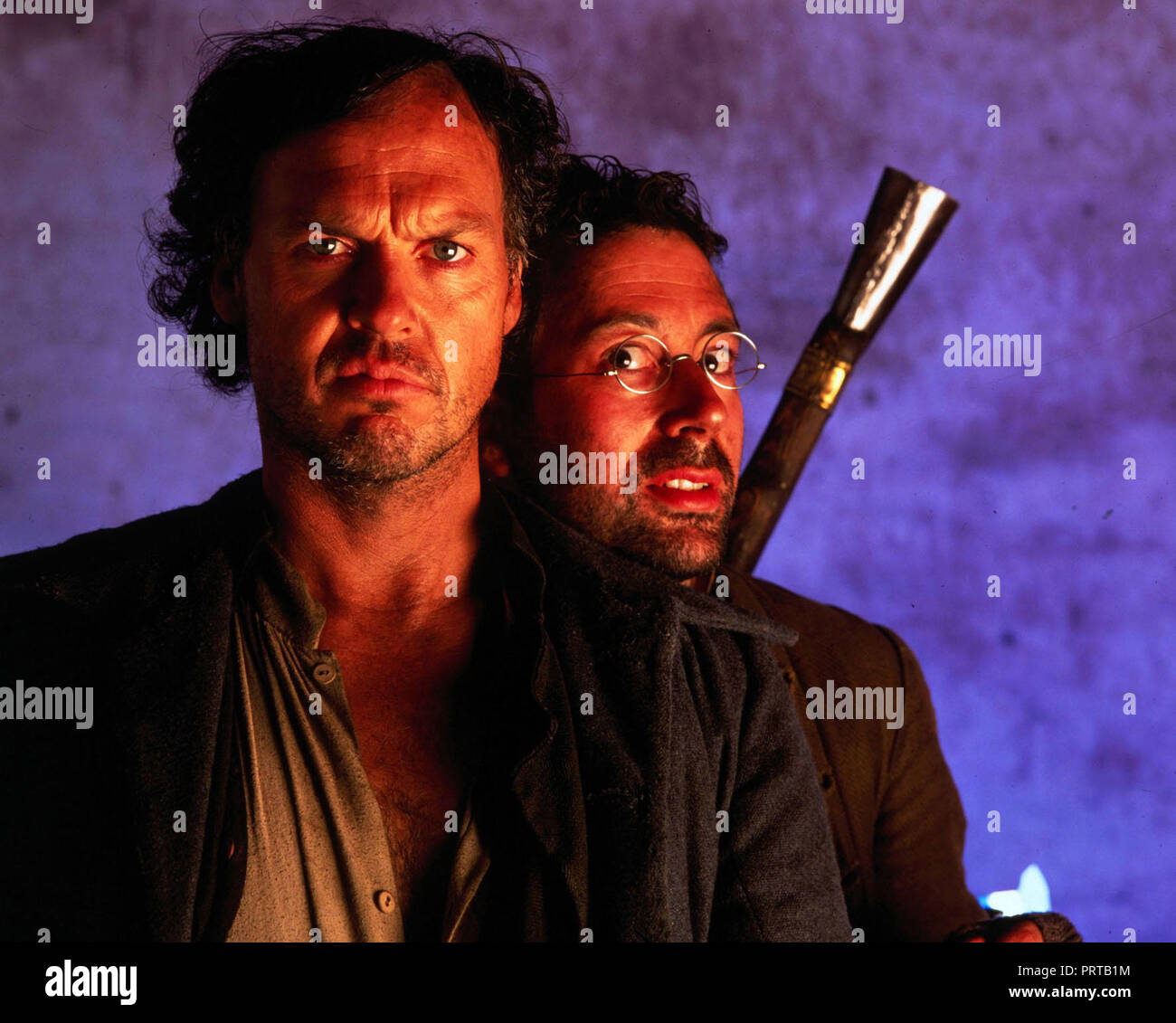Ya se puede escuchar All Is True de Patrick Doyle. Maravillosa. Os dejo el enlace oficial, legal y gratuito de Youtube Music para que podais escucharla.
 ¡Bienvenido a mundodvd! Regístrate ahora y accede a todos los contenidos de la web. El registro es totalmente gratuito y obtendrás muchas ventajas.
¡Bienvenido a mundodvd! Regístrate ahora y accede a todos los contenidos de la web. El registro es totalmente gratuito y obtendrás muchas ventajas.


 LinkBack URL
LinkBack URL About LinkBacks
About LinkBacks

 Citar
Citar




 Increíble que en pleno 2019 suframos aún los efectos de aquel detestable pan&scan de los tiempos del VHS y las teles cuadradas.
Increíble que en pleno 2019 suframos aún los efectos de aquel detestable pan&scan de los tiempos del VHS y las teles cuadradas. ) de lo que de verdad le pasó al niño.
) de lo que de verdad le pasó al niño.
